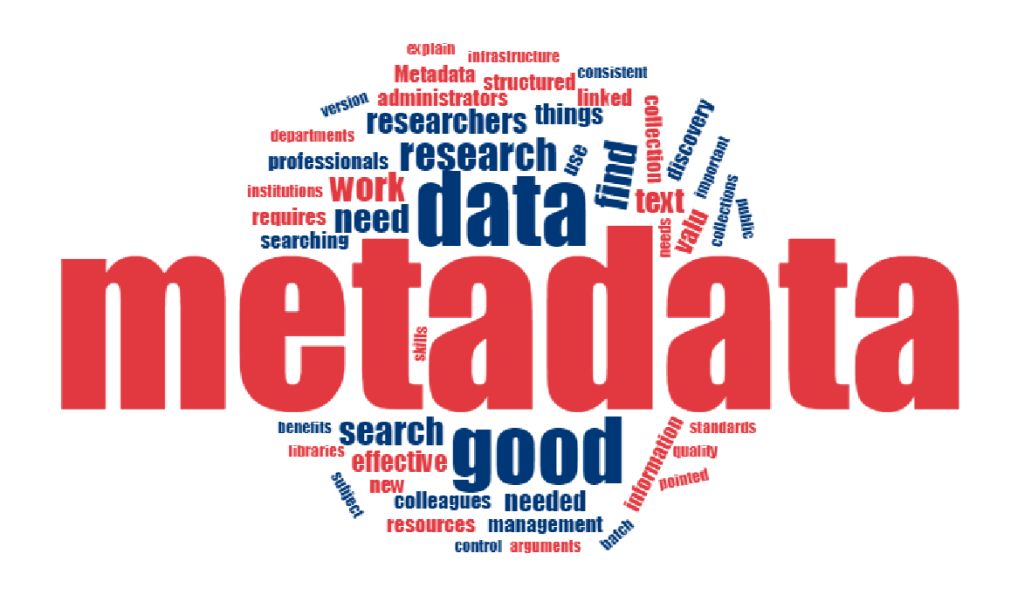In January 2012, the Book Industry Study Group (BISG) initiated a significant study to trace the journey of product metadata across the publishing supply chain. Conducted by Brian O’Leary of Magellan Media Consulting, the study was completed in June 2012. The findings were shared through a webcast and subsequently published in the report titled “Development, Use, and Modification of Book Product Metadata.” This study has since become a cornerstone in understanding the intricacies and importance of metadata within the publishing industry.
The Metadata Lifecycle
The concept of the “Metadata Lifecycle” is central to understanding the study’s findings. This lifecycle encapsulates the creation, distribution, modification, and utilization of metadata throughout the publishing supply chain. Metadata, which encompasses information like title, author, ISBN, description, and keywords, plays a crucial role in how books are discovered, marketed, and sold.

Key Findings from the BISG Report
- Redundancies and Inefficiencies: The study highlights significant redundancies and inefficiencies in how metadata is produced and distributed. These issues can lead to inconsistencies and communication breakdowns, reminiscent of the famous line from Cool Hand Luke: “What we have here is a failure to communicate.”
- Importance of Metadata: All industry players—publishers, authors, distributors, and retailers—depend on accurate and robust metadata to ensure books reach their intended audience. Good metadata facilitates discovery, which directly impacts sales and the viability of the publishing ecosystem.
- Modification and Enhancement: As metadata flows through the supply chain, it undergoes various modifications. These changes can be both beneficial and detrimental, depending on the perspective of the evaluator. Metadata is enhanced and polished to meet the specific needs of different business-to-business websites, consumer platforms, and analytic operations.
- Lack of Feedback Loop: One of the critical issues identified is the lack of a feedback loop. Publishers often don’t see how their metadata changes once it is integrated into various platforms. This disconnect can lead to confusion and inefficiencies, as the metadata that reaches consumers may differ significantly from what was initially created.
The Role of Industry Organizations
Organizations like the BISG in the U.S., Book Industry Communication (BIC) in the UK, and BookNet Canada are pivotal in establishing and maintaining standards and best practices for metadata. They work tirelessly to ensure smooth communication and consistent metadata usage across the industry. However, as the BISG report indicates, there is still a long way to go in achieving seamless integration and utilization of metadata.
Moving Forward
The BISG report provides valuable recommendations for improving the flow and efficacy of metadata. These include better communication between supply chain partners, more robust standards, and economic incentives for maintaining high-quality metadata. As the publishing industry continues to evolve, the role of metadata will only become more critical.






